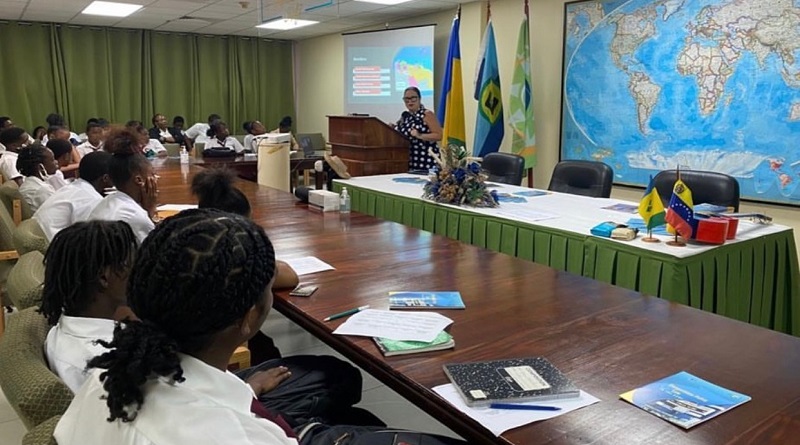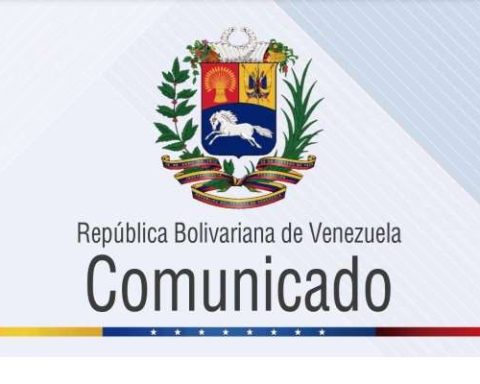With a focus on reindustrialization and job creation and with the promise of promoting sustainability, the National Confederation of Industry (CNI) delivered this Tuesday (28) the 2023 edition of the Legislative Agenda for Industry. With 139 bills of interest to the industry, the document was presented in a formal session at the National Congress. Twelve proposals are considered priorities.
Among them are the tax reform, the modernization of the electricity sector, the regulation of the carbon credit market and the judicial recovery of micro and small companies. For the CNI, the approval of the proposals would allow the country to reindustrialize and promote the transition to an economy with low carbon emissions. Some points, however, cause controversy, such as the project that makes environmental licensing more flexible, criticized by several entities linked to the environment.
According to CNI, the 2023 edition of the Legislative Agenda for Industry had a record of participation, bringing together 139 entities, 23 more than last year. The proposals, informed the confederation, were debated by 450 representatives of the 27 state industry federations and 112 national sector entities.
The approval of the tax reform is the industry’s main demand. According to the CNI, this is the most important structural reform for the resumption of productive investments. Currently, two proposed amendments to the Constitution (PEC) are being processed on the subject: one in the Chamber and the other in the Senate.
The government does not intend to send a third proposal to Congress. Instead, it intends to use the two texts under discussion to promote the reform in two phases: simplifying taxes on consumption, in the first semester, and reformulating the Income Tax, in the second.
Another item considered a priority by the CNI is the approval of Bill (PL) 414/2021, which provides for the portability of the electricity bill in the electricity sector and the opening of the free energy market to all consumers. According to the proposal, up to 42 months after the enactment of the law, consumers could choose the energy supplier that charges the lowest price.
Controversy
Some points of the industrial agenda cause controversy. CNI included in the list of priority projects the PL 2,159/2021, which makes environmental licensing rules more flexible. According to the confederation, the substitute approved by the Chamber of Deputies in 2021 gives “greater predictability and rationality to the environmental licensing process”, by “preserving the advances obtained by states and municipalities”.
Several entities point out risks in the approval of the project. In November 2021, six months after the approval of the text, the National Association of Public Prosecutors issued a technical note in which it assesses that changes to increased socio-environmental risks and significant legal uncertainty for the public and private sectors, with prejudice to the control and due integrated, decentralized and participatory planning.
Greenpeace Brazil calls for the withdrawal of the text, which it calls the Package of Destruction. The non-governmental organization claims that the proposal did not have enough debate, meets the interest of the ruralist group and weakens the main instrument for protecting the environment and communities impacted by projects.
Other projects on the environment that are on the legislative agenda are the Bills 528/2021 and 3,100/2022, which regulate the carbon credit market.
Check out the list of the 12 proposals considered essential by the CNI:
- Tax Reform – PEC 45/2019 and PEC 110/2019
- Legal Framework for Reentrepreneurship – Judicial Recovery of MPEs – PLP 33/2020
- Environmental Licensing – PL 2.159/2021
- Regulation of the carbon credit market – PL 528/2021 and PL 3,100/2022
- Modernization of the Law of Good – PL 4.944/2020
- Modernization of the electricity sector – PL 414/2021
- Legal Framework of Guarantees – PL 4,188/2021
- Apprentice Statute – PL 6.461/2019
- Permission for multifunction work – PL 5.670/2019
- Regulation of the social security limbo – PL 3,236/2020
- IRPJ incentives and reinvestment in the areas of Sudam and Sudene – PL 4,416/2021
- Taxpayer Defense Code – PLP 125/2022

















